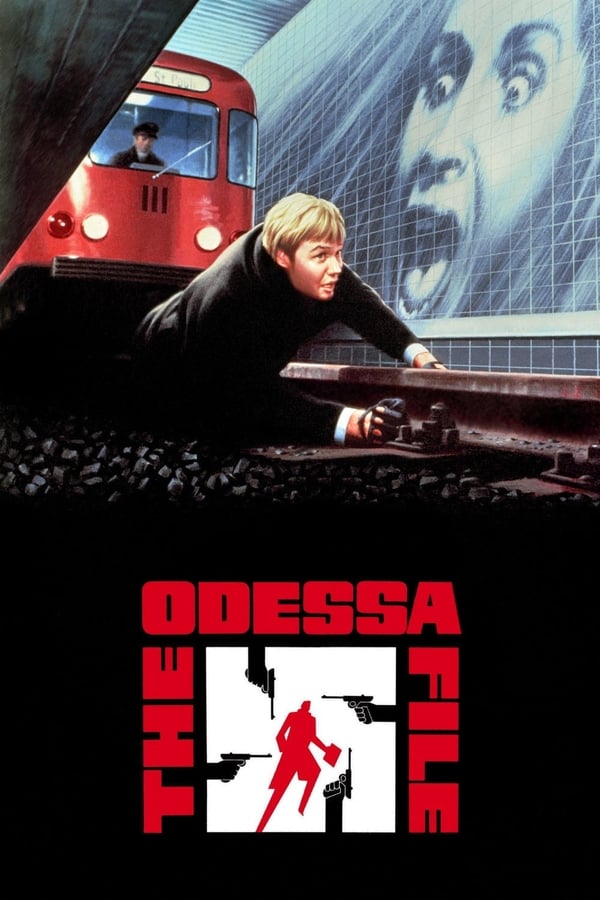Trailer
Toggle light
Comments
75 Views
Report
FavoriteIf current server doesn't work please try other servers below.
Server
Vidsrc
Server
1080P Only No ads
Server
GD
Server
StreamBucket

An Officer and a Spy 2019 Watch Online
An Officer and a Spy Watch Online
In 1894, Alfred Dreyfus, captain in the French army, is found guilty of high treason for passing military secrets to the German Empire. He is condemned to exile on Devil’s Island; his affair triggers an echo in France since Dreyfus is Jewish. One year later, officer Georges Picquart, Dreyfus’ former teacher, is appointed head of the secret service section in the French army (Deuxième Bureau). The man, despite alleged anti-Semitic sentiments, is aware that the trial against Dreyfus was summary and biased by Dreyfus’ Jewish origins.
The Investigation
Noticing some irregularities in the dossier of the affair, he decides to conduct an investigation to verify Dreyfus’ guilt. Picquart discovers that the so-called bordereau, the document that ostensibly proves his guilt, was not written by Dreyfus, as the graphologist Alphonse Bertillon had claimed, but by another soldier: Major Ferdinand Walsin Esterhazy. According to Picquart, he is the real spy, but the evidence has been prejudiced or even falsified to the detriment of Dreyfus.
Similar Content
The Fight for Justice
Picquart is convinced of Dreyfus’ innocence and tries to reopen the trial to exonerate him and arrest Esterhazy, but meets the opposition of his superiors. Picquart is then removed from office and sent on a mission far from Paris. However, he manages to return and tell everything to his friend, the lawyer Louis Leblois, who begins to organise a committee for the rehabilitation of Dreyfus, involving his colleague Fernand Labori, members of the Parliament and intellectuals, including the famous author Émile Zola.
Picquart’s insubordination leads to his arrest, but on the same day Zola publishes in the newspaper L’Aurore the article entitled J’accuse, where he fiercely criticises the irregularities of the trial of Dreyfus and exposes all the people involved in the case. Zola, on a complaint from the government, is tried for defamation and, due to the false declarations made in the courtroom by the soldiers called to witness, the writer is sentenced to one year in prison.
The Conclusion and Legacy
Following Henry’s depositions, Picquart is acquitted and released, while Dreyfus is repatriated for a second trial which occurs in Rennes in 1899. Shortly before the decisive hearing, the lawyer Labori suffers an assassination attempt and is unable to defend Dreyfus. The man is sentenced again, but the sentence to be served is made lighter by the recognition of the extenuating circumstances. Immediately, the Prime Minister grants Dreyfus a pardon. Picquart would like to continue fighting to prove his innocence, but Dreyfus, exhausted, accepts it. Seven years later there will be full acquittal and reintegration into the army.
In 1907, Picquart is appointed Minister of War, also thanks to the recognition of the judicial error to the detriment of him. Dreyfus asks him for an audience and protests because the years in which he has unfairly served his sentence have not been recognised, preventing him from reaching the rank of lieutenant colonel. Picquart cannot make this concession to him as the political climate has changed again, which causes Dreyfus’ outrage. The two men part from each other with respect, never to see each other again.
Don’t miss this riveting tale of justice, betrayal, and redemption. Watch “An Officer and a Spy” online now!
You may also like
×











